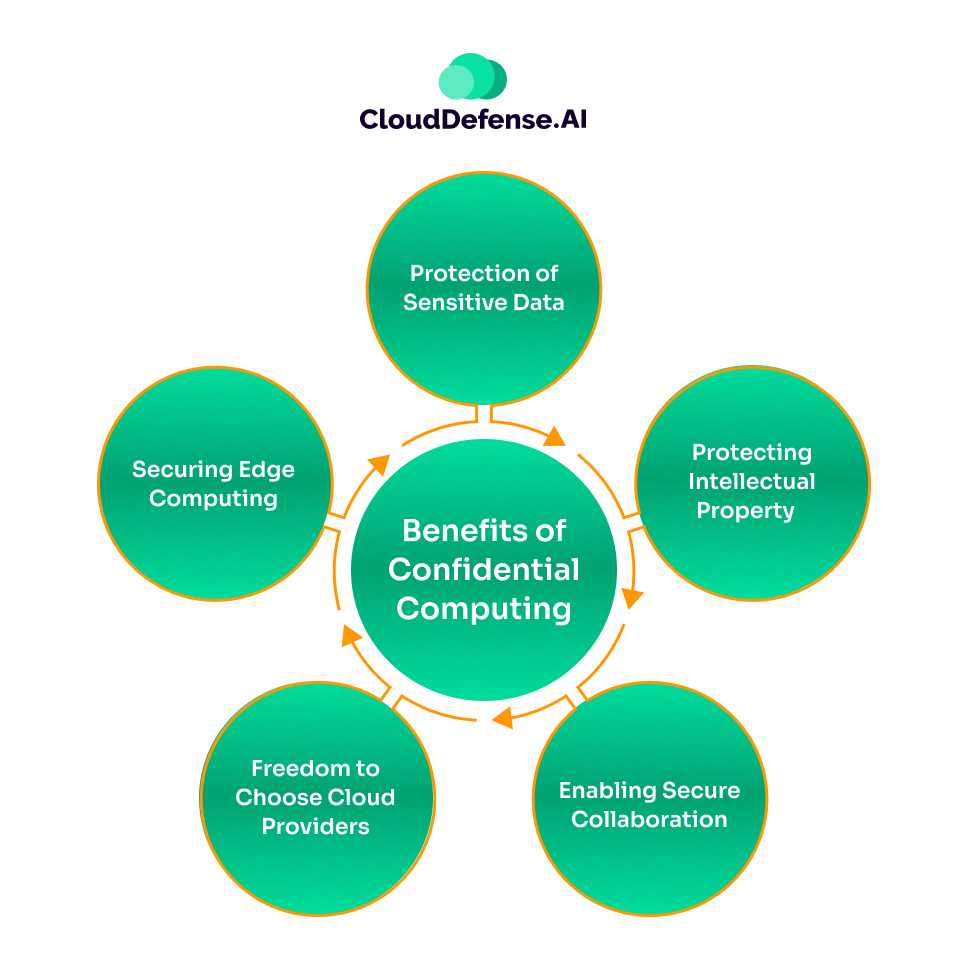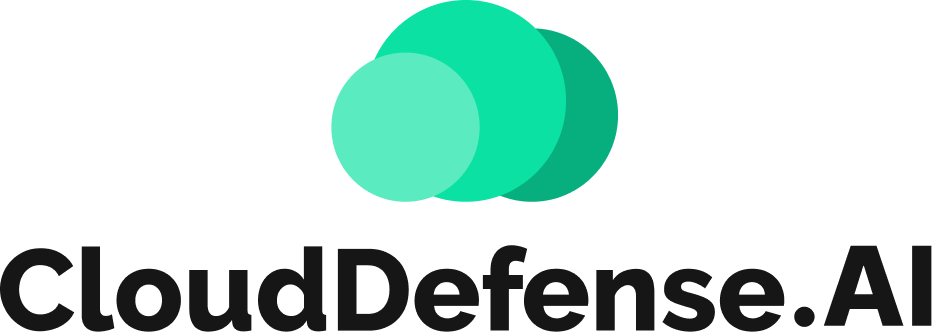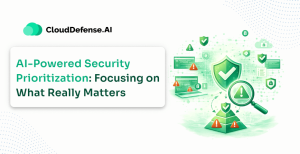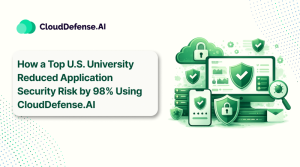What is Confidential Computing?
Confidential computing is a cutting-edge cloud computing technology designed to protect data not just at rest or in transit, but also during processing. This is achieved by isolating sensitive data within a protected CPU enclave, ensuring that the data and the processing methods remain invisible and inaccessible to unauthorized entities, including the cloud provider.
Organizations are increasingly relying on public and hybrid cloud services, this also makes it critical to ensure that their data remains secure and confidential. Cloud computing provides this assurance, enabling companies to confidently move sensitive data and computing workloads to the cloud, knowing that their digital assets are well-protected.
How Confidential Computing Works?
Confidential Computing addresses a key vulnerability in data security: the exposure of data during processing. Traditionally, when data is processed, it must be unencrypted in memory, leaving it susceptible to various attacks, such as memory dumps and root user compromises.
To counter this risk, Confidential Computing employs a hardware-based solution known as a Trusted Execution Environment. The TEE is a secure area within the CPU, protected by encryption keys embedded in the hardware. These keys are accessible only to the authorized application code, and any unauthorized attempt to access them triggers a security response that halts the computation.
This process ensures that sensitive data remains encrypted and protected throughout its entire lifecycle. Even while the data is being processed, it remains invisible to everything outside the secure enclave, including the operating system, hypervisors, and the cloud provider itself.
Why is Confidential Computing a Breakthrough Technology?
Confidential Computing is revolutionary because it solves a critical problem unique to cloud which is securing data during processing. Previously, the lack of protection for data in use was a barrier for irganizations considering moving their sensitive or regulated workloads to the cloud.
This computing eliminates this barrier, enabling a secure and smooth transition from expensive, inflexible on-premises environments to modern, flexible cloud ecosystems. This technology provides trustless security, meaning organizations can confidently use cloud services without worrying about unauthorized access to their data, even from the cloud provider itself.
Benefits of Confidential Computing

The advantages of Confidential Computing extend beyond mere data protection. Here are some of the key benefits:
Protection of Sensitive Data
Confidential Computing ensures that data is protected not only at rest and in transit but also during processing. This comprehensive protection allows organizations to manage sensitive workloads in the cloud without compromising security.
Protecting Intellectual Property
The TEE infrastructure can be used to protect not just data but also proprietary business logic, machine learning algorithms, and entire applications. This is crucial for organizations that rely on unique processes or technology to maintain a competitive edge.
Enabling Secure Collaboration
Confidential Computing enables secure collaboration between companies by allowing them to share data and processes without exposing sensitive information. This can lead to the creation of novel cloud solutions that combine the strengths of multiple organizations.
Freedom to Choose Cloud Providers
Companies can choose cloud providers based on technical and business needs without worrying about the security of their data. This is particularly important when the cloud provider also offers competing business services.
Securing Edge Computing
As edge computing becomes more prevalent, Confidential Computing provides an additional layer of security for data processing at the edge, ensuring that sensitive information remains protected even in distributed cloud environments.
The Confidential Computing Consortium
The rise of Confidential Computing has been significantly strengthened by the formation of this Consortium, or CCC, in 2019. This group, established under the Linux Foundation, includes major players such as Alibaba, AMD, Google, IBM, Intel, Microsoft, Oracle, and VMware. The CCC’s mission is to define industry standards for Confidential Computing and to promote the development of open-source tools that support its adoption.
The consortium’s work is already bearing fruit, with projects like Open Enclave SDK and Red Hat Enarx providing developers with the tools they need to create applications that can run securely across different TEE platforms. Member companies have been instrumental in the development of key Confidential Computing technologies, such as Intel SGX, which has been available since 2016.
Final Words
Confidential Computing represents a major advancement in cloud security, offering organizations a top-notch solution to protect their sensitive data. By isolating data within a protected CPU enclave, Confidential Computing extends traditional encryption to data in use, reducing the risks associated with cloud-based processing.
This technology gives businesses the power to confidently migrate sensitive workloads to the cloud, ensuring privacy, security, and control. As this Consortium continues to drive innovation in this field, we can anticipate even more complex and secure solutions emerging in the future.







